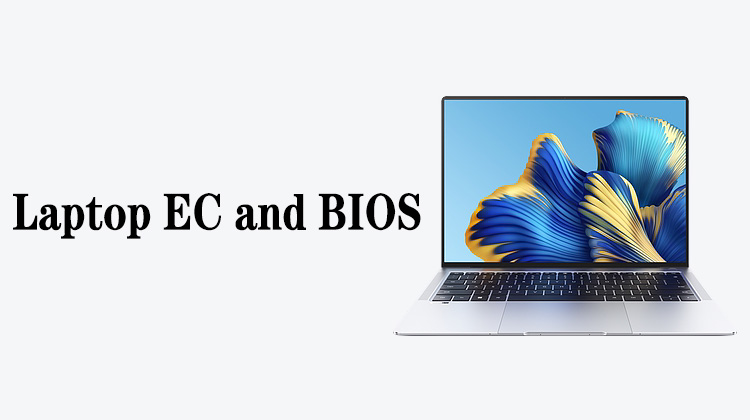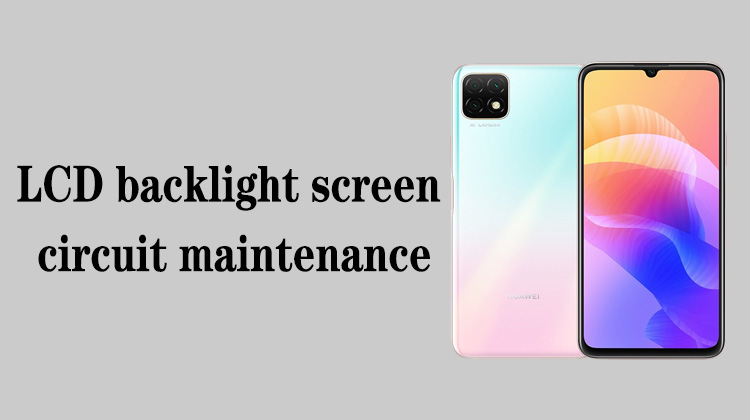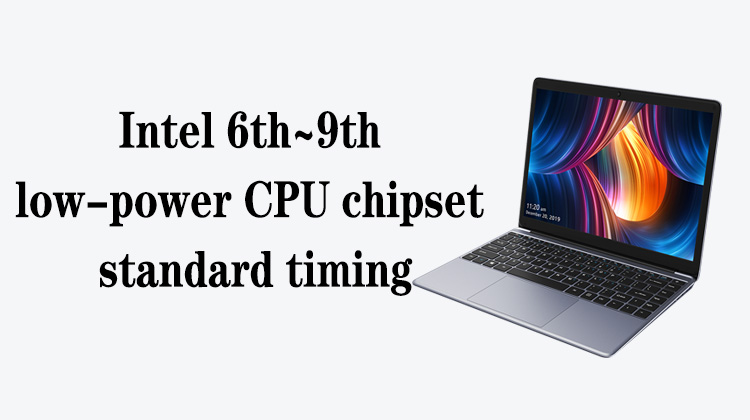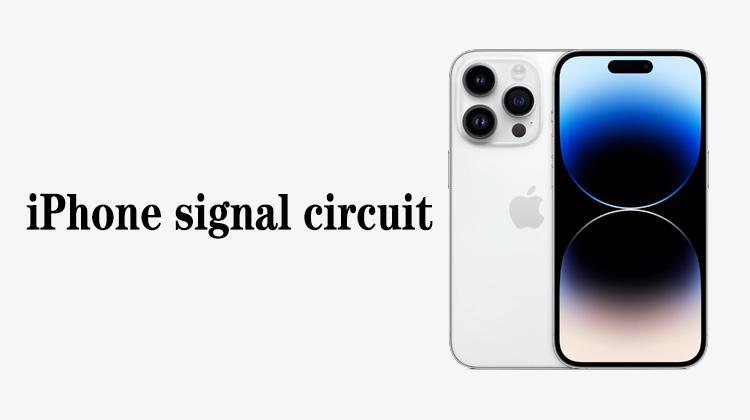1
00:00:00,366 --> 00:00:02,266
iPhone touch circuit repairing
2
00:00:03,166 --> 00:00:08,333
This video mainly explains the working principle of iPhone X, XS, XSMax touch circuit
3
00:00:11,466 --> 00:00:15,033
The working principles of these three models are basically the same,
4
00:00:15,833 --> 00:00:18,566
but the individual detection signals are slightly different
5
00:00:20,733 --> 00:00:24,033
The first step of the working principle, after we trigger the switch,
6
00:00:24,633 --> 00:00:28,033
the main power supply will output more than 30 channels of power supplies
7
00:00:28,333 --> 00:00:32,766
Among them, the 1.8V_TOUCH power supply will first provide the working voltage
8
00:00:32,766 --> 00:00:33,700
for the touch screen
9
00:00:35,300 --> 00:00:38,566
Step 2, after the main power supply outputs the power supply,
10
00:00:39,033 --> 00:00:42,266
it will send a 32KHz clock signal to the touch screen
11
00:00:43,133 --> 00:00:46,666
Step 3, when the CPU working condition is normal,
12
00:00:46,966 --> 00:00:51,733
it will read the data in the screen data storage chip on the touch cable through the I2C bus
13
00:00:54,266 --> 00:00:57,600
Step 4, the CPU self-test is completed,
14
00:00:58,033 --> 00:01:03,066
and the power supply will send 1.1V power supply to the touch screen during system startup
15
00:01:03,733 --> 00:01:06,533
Step 5, when starting to the touch circuit,
16
00:01:06,666 --> 00:01:09,900
the touch power supply sends negative 6.7V power supply,
17
00:01:10,266 --> 00:01:14,166
10V power supply and 3.5V power supply to the touch screen
18
00:01:15,266 --> 00:01:18,366
Step 6, when starting to the touch circuit,
19
00:01:18,500 --> 00:01:21,133
the CPU sends a reset signal for the touch screen
20
00:01:21,933 --> 00:01:27,533
Step 7, after the power supply, clock signal and reset signal of the touch screen are normal,
21
00:01:27,900 --> 00:01:31,666
the CPU will read and detect the touch screen through the SPI bus
22
00:01:32,833 --> 00:01:36,000
Step 8, after the touch screen is detected,
23
00:01:36,333 --> 00:01:40,300
it will send a 5.25V turn-on signal for the touch power supply
24
00:01:41,466 --> 00:01:45,100
Step 9, after the touch power supply receives the turn-on signal,
25
00:01:45,400 --> 00:01:49,166
it will send a 5.25V core power supply to the touch screen
26
00:01:50,200 --> 00:01:54,966
Step 10, after the power supply, clock and reset signals of the CPU are normal,
27
00:01:55,933 --> 00:01:58,100
then the touch screen can work normally
28
00:01:59,066 --> 00:02:02,366
The touch screen will send an interrupt signal to notify the CPU
29
00:02:03,233 --> 00:02:06,966
Step 11, after the CPU receives the interrupt signal,
30
00:02:07,433 --> 00:02:10,166
it will receive the touch data through the SPI bus
31
00:02:11,233 --> 00:02:13,533
After the CPU receives the touch data,
32
00:02:13,766 --> 00:02:16,133
it will execute the corresponding commands
33
00:02:16,533 --> 00:02:20,233
These signals are the main working conditions when the touch screen works
34
00:02:21,133 --> 00:02:23,100
In the functional block diagram,
35
00:02:23,500 --> 00:02:26,633
other green lines are other detection signals of the touch screen
36
00:02:28,233 --> 00:02:33,066
AMUX is the monitoring signal sent to the main power supply after the touch screen works normally
37
00:02:34,933 --> 00:02:39,166
The main power supply uses this signal to identify whether the touch screen is normal
38
00:02:39,833 --> 00:02:45,000
ORB_SCAN is the detection scan signal from the touch power supply to the touch screen
39
00:02:46,233 --> 00:02:49,100
When working normally, the touch power supply will check
40
00:02:49,100 --> 00:02:52,266
whether the touch screen is working normally from time to time
41
00:02:53,066 --> 00:02:57,666
In case of abnormality, it will turn off the power supply of the touch screen
42
00:02:58,300 --> 00:03:00,566
SWD is the serial debug bus,
43
00:03:02,266 --> 00:03:06,300
the CPU will send test data from this bus to detect the touch screen
44
00:03:07,566 --> 00:03:10,566
The UART bus is an asynchronous transceiver bus
45
00:03:11,533 --> 00:03:17,533
It is mainly used to transmit data when the touch screen is used for other circuits, such as 3D touch
46
00:03:21,200 --> 00:03:24,966
REF_CLK is the reference clock sent by the CPU to the touch screen
47
00:03:26,766 --> 00:03:31,866
The clock signal is 24MHz, which is mainly used to transmit other signal data
48
00:03:33,800 --> 00:03:37,733
BSYNC is a synchronous signal sent by the CPU to the touch screen
49
00:03:42,000 --> 00:03:44,566
AOP_IRQ is Hall interrupt signal
50
00:03:45,333 --> 00:03:49,766
For example, when making a phone call, when an object approaches,
51
00:03:50,233 --> 00:03:52,933
the sensing distance will turn off the touch screen
52
00:03:53,666 --> 00:03:57,100
The CPU will send an interrupt signal to notify the touch screen
53
00:03:58,533 --> 00:04:03,533
In the functional block diagram, these signals are the main working signals of the touch screen
54
00:04:03,800 --> 00:04:07,800
There is an abnormal signal, which may cause the touch screen to not work
55
00:04:09,166 --> 00:04:13,433
When we overhaul, first overhaul the main working signals of the touch screen
56
00:04:14,400 --> 00:04:18,966
If there is no problem with the main signals, then measure other detection signals
57
00:04:19,766 --> 00:04:21,733
Ok, that's all for this video






